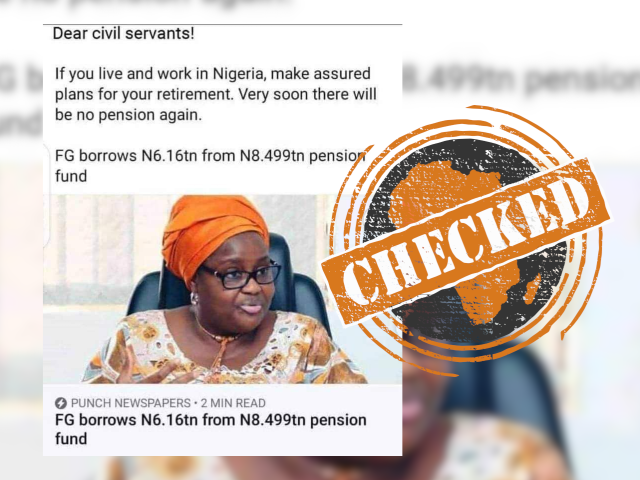South Africa has an extensive social grant system. Every month, millions of vulnerable people receive cash transfers, such as pensions, child support and disability grants.
The South African Social Services Agency, or Sassa, is responsible for administering and delivering this social relief.
But just how many people are supported by the system?
In September 2023, president Cyril Ramaphosa claimed the figure was as high as 18 million. But he seems to have confused the number of grants with the number of recipients. Some people receive more than one grant, including parents who may receive multiple child support grants.
Sassa data from July showed that 19,008,314 social grants were paid to 11,856,505 beneficiaries at the end of that month.
Our AI tools, which alert us when incorrect information is repeated, flagged this claim after it appeared in several articles in various South African media, including the South African, Dispatch Live, Sowetan Live, and TimesLive.
We double-checked the figures.
11.8 million grant recipients in August 2023
Sassa’s Social Assistance Report for August 2023, the latest available, notes that 19,037,441 social grants were paid to 11,876,076 recipients at the end of that month.
So even if the media publications meant to refer to the number of grants administered, the 18 million figure is out of date.
Why it matters
In 2024, South Africans will go to the polls. Decisions about who to vote for will be influenced by many factors, including the information shared by political parties. Facts matter, especially during election season.
We each have a role to play in countering election misinformation.
Political parties need to commit to getting their facts right. This also means issuing corrections when they get it wrong.
Journalists need to fact-check speeches, rallies and press statements – not just report what was said. The media should not simply act as a loudhailer, amplifying misinformation. They need to do the hard work of checking and contextualising information.
The public also has an important role to play by taking care not to share information that may be incorrect.




Add new comment